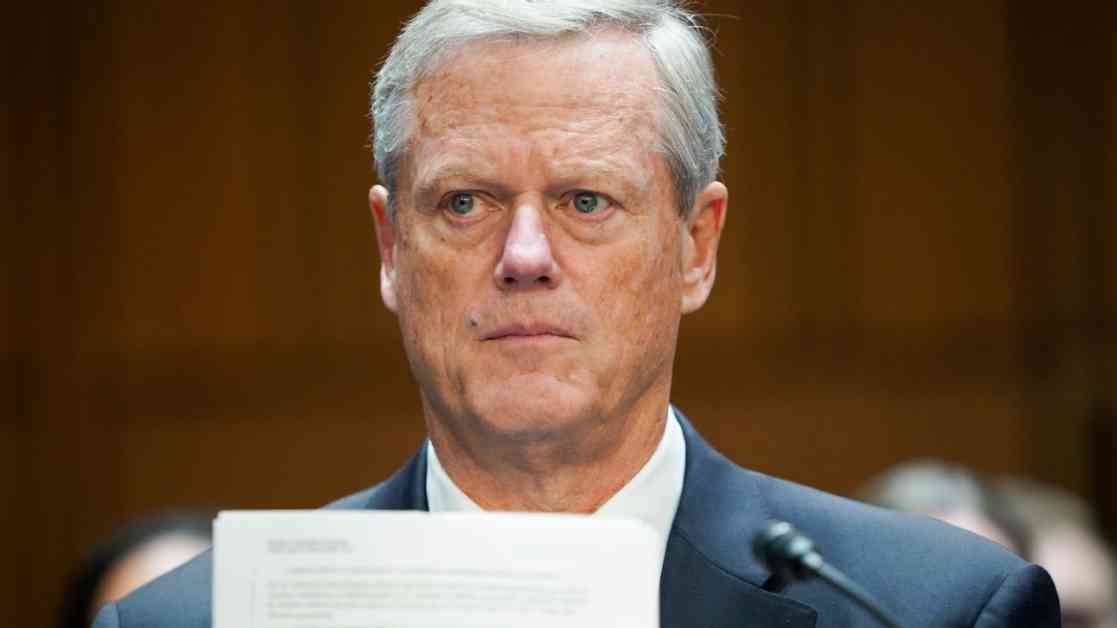The NCAA president, Charlie Baker, recently announced a pending antitrust settlement that will impact the financial landscape of college sports. While the settlement will put financial pressure on everyone in the industry, it also creates more certainty for schools to plan for a new system that allows them to share revenue with their athletes.
The settlement includes the NCAA paying former athletes nearly $2.8 billion in back damages and schools being allowed to share approximately $20 million per year starting in 2025 directly with their athletes. This move aims to provide fair compensation to athletes without turning them into employees.
Although the settlement does not resolve the ongoing debate about whether college athletes should be considered employees, Baker hopes that it will encourage Congress to create a new law preventing athletes from becoming employees. The settlement marks a significant step towards establishing a fair compensation model in college sports.
Baker emphasized that the settlement is still subject to approval by a federal judge overseeing the cases, a process that may take several months. However, he remains optimistic about the positive feedback received from federal lawmakers regarding the terms of the settlement.
One of the key questions surrounding the settlement is how Title IX laws and booster collectives will influence revenue sharing with athletes in the future. Title IX regulations require schools to provide equal benefits to male and female athletes, but the Department of Education has not clarified how these regulations will apply to revenue sharing with athletes.
Additionally, the settlement aims to address the role of booster collectives in distributing payments to athletes. While collectives are not expected to disappear entirely, the new revenue-sharing arrangements may shift the focus back to schools owning the primary relationship with their athletes.
The NCAA plans to pay the $2.8 billion in back damages over the next 10 years, with a significant portion of the yearly payment coming from the NCAA’s national office budget. While some smaller schools have raised concerns about the impact of reduced distributions from the NCAA, Baker emphasized that the entire NCAA membership, including smaller schools, approved and maintained the rules that led to the back damages.
Looking ahead, Baker believes that the 10-year span of the settlement will help unify Division I schools and prevent power conferences from forming separate entities with their own rules. This unity will enable the NCAA to continue organizing events like the March Madness basketball tournament, which generates a substantial portion of the association’s revenue.
As the details of the settlement continue to unfold, Baker remains hopeful that it will pave the way for a more equitable and sustainable future for college sports. The settlement represents a significant milestone in addressing the complex financial dynamics within the industry and sets a precedent for how schools can compensate their athletes fairly while preserving the integrity of collegiate athletics.
